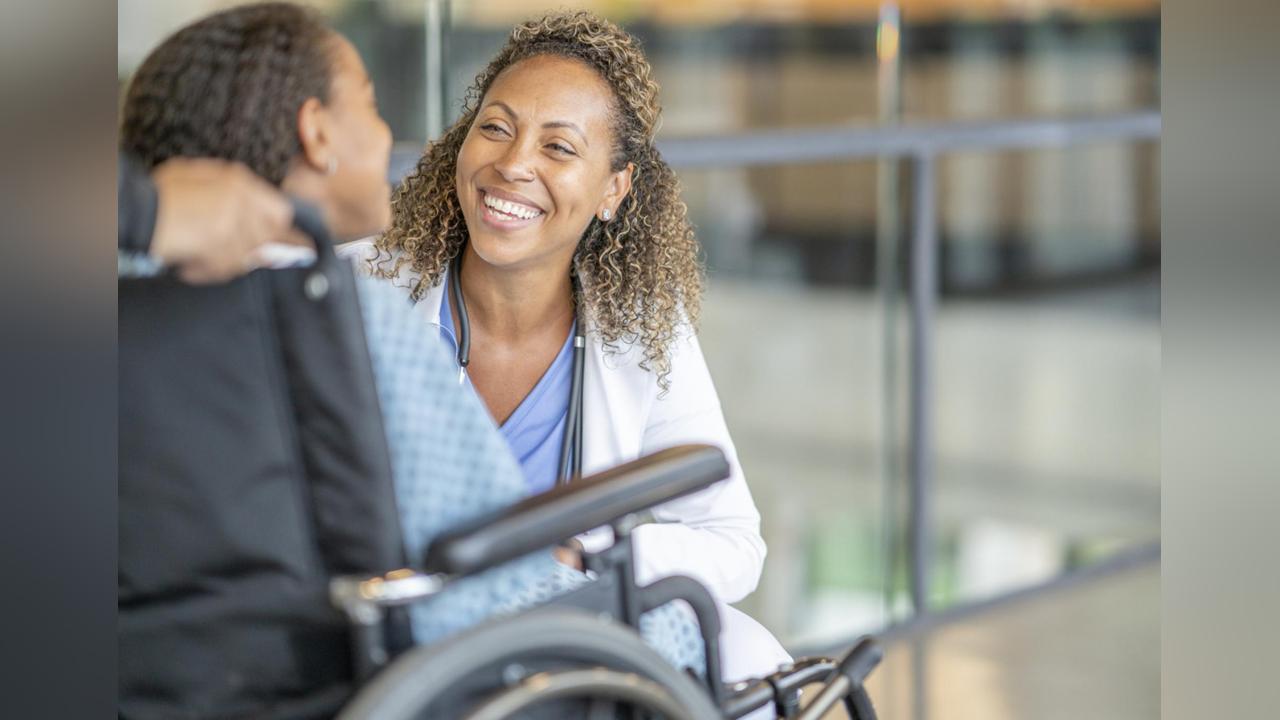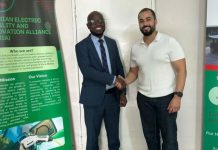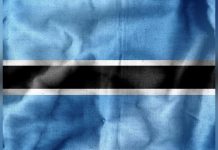Africa-Press – Botswana. Support for individuals with multiple sclerosis (MS) is of utmost importance, given the intricate nature of the illness and its wide-ranging effects on different aspects of daily life.
A recent MS awareness event held in Gaborone emphasised the critical need for support, enhanced services, and policies aimed at bettering the lives of those with MS.
Speaking at the event, 30-year-old Ania Chikohora, who is living with MS, spoke about the emotional struggles stemming from the unpredictable nature and potential disabilities associated with the disease. Ms. Chikohora underscored the significance of a robust support system comprising family, friends, and healthcare professionals.
She suggested that support groups and peer mentoring programmes could offer patients opportunities to connect with others who comprehend the challenges of the disease, share advice, provide encouragement, and extend practical help.
Moreover, she stressed that mutual support from fellow MS patients could play a pivotal role in navigating the obstacles posed by the illness, particularly in managing stress, anxiety, and depression.
Ms Chikohora also drew attention to the limited awareness surrounding MS in the community, as it has been referred to as “bolwetse jwa makgoa,” indicating the need for more information and education on the subject.
She said MS was a complex condition and therefore patients’ access to accurate information about their disease, treatment options and lifestyle management was important so as to empower patients to make informed decisions about their health. Speaking on the experience of living with MS, she said MS has been a daily challenge that varies from day to day, adding that she experienced physical symptoms of fatigue, weakness, numbness and difficulty in walking that resulted in her being wheelchair bound. Having studied for a degree at the University of Botswana, she admitted she finds it hard to work saying the symptoms have fluctuated over time to worsen during relapse for her to function properly.
“Most of the time I got so angry, I was bitter about everything including life,” she said, adding that the feelings of uncertainty overwhelmed her. She nevertheless appreciated her family for the support, saying having a strong support network of family, made a significant difference in coping with the challenges of the disease and asked other people with MS to be strong in the knowledge that they were not alone.
Sharing the same sentiments, Ms Shatiso Sankoloba (21) also with MS reiterated that support for MS patients was essential for addressing their physical, emotional and practical needs as well. Ms Sankoloba also advocated for better treatments and services to improve their quality of life.
Speaking on her behalf, her father, Mr Michael Budani said Shatiso was recently diagnosed after suffering weird body pains since 2016, and because of the disease not being common, they were in and out of hospitals with multiple scans that failed to diagnose the disease.
“It has been a roller coaster for us as parents not knowing what was wrong with our child; her visions shattered, her future unknown, yet she was an intelligent child,” he said.
Mr Budani nevertheless thanked the founder of MS Botswana for the initiative, saying it would help with support, adding that they never got professional counseling to get emotional support, and help Shatiso to cope with stress, anxiety and depression.
He said connecting with others who understand what it was like to live with MS would be beneficial as they will be able to share experience, share tips and offer encouragement to one another.
For her part, Ms Phemelo Mongwato, a Christian counselor, also called for a more defined support system. Ms Mongwato said the diagnosis of MS put mental health at stake, adding that it was important that people understand that patients might not respond to things the same way. She also highlighted that the support network was very important as MS patients often face challenges in accessing health care, employment and social services.
She further called upon people with MS to guard their mental health and urged them to eat healthy, exercise, as well as encouraged them to meditate. The day was educative as different stakeholders taught about services people with MS could engage in, such as the Active Hub, Myelin Foundation, as well as given insights on MS by Dr Ookeditse Ookeditse of the Sidilega Private Hospital.
For More News And Analysis About Botswana Follow Africa-Press






